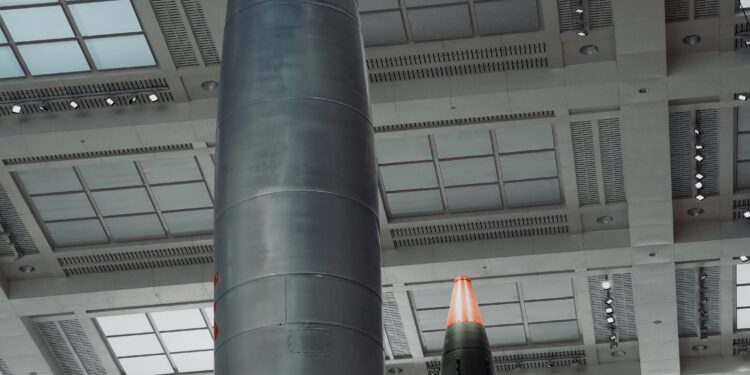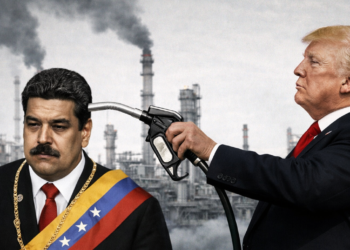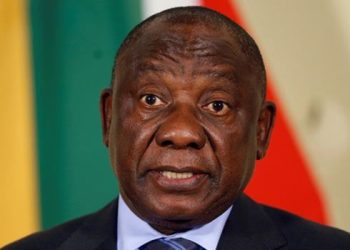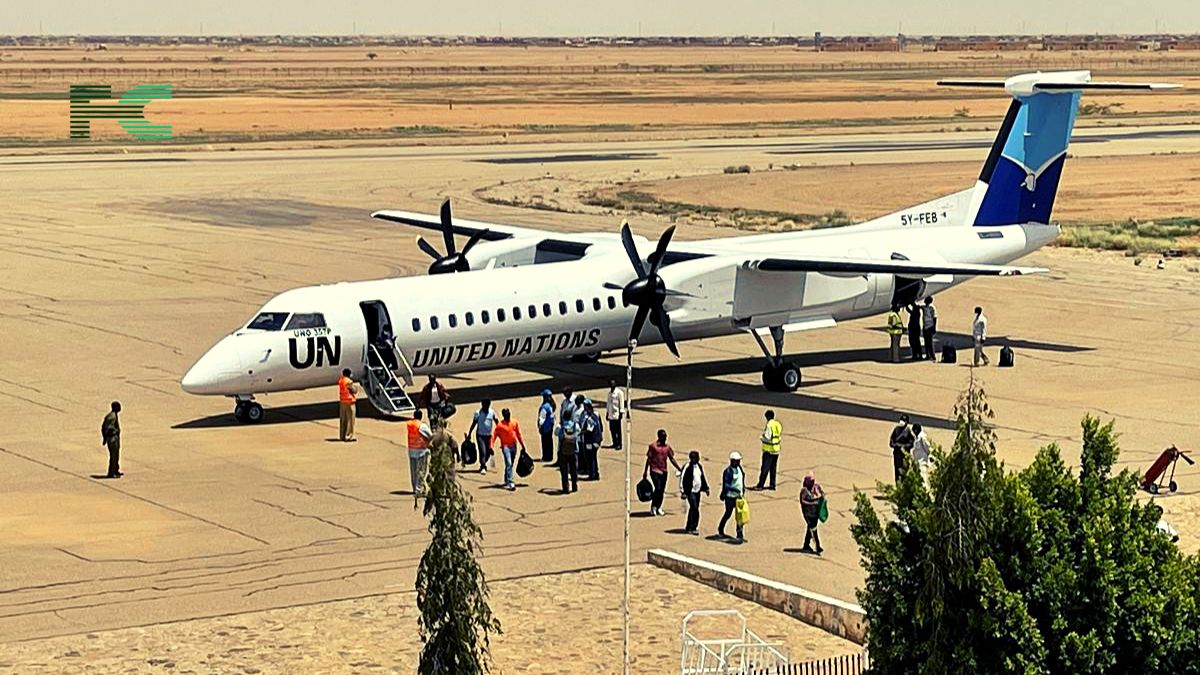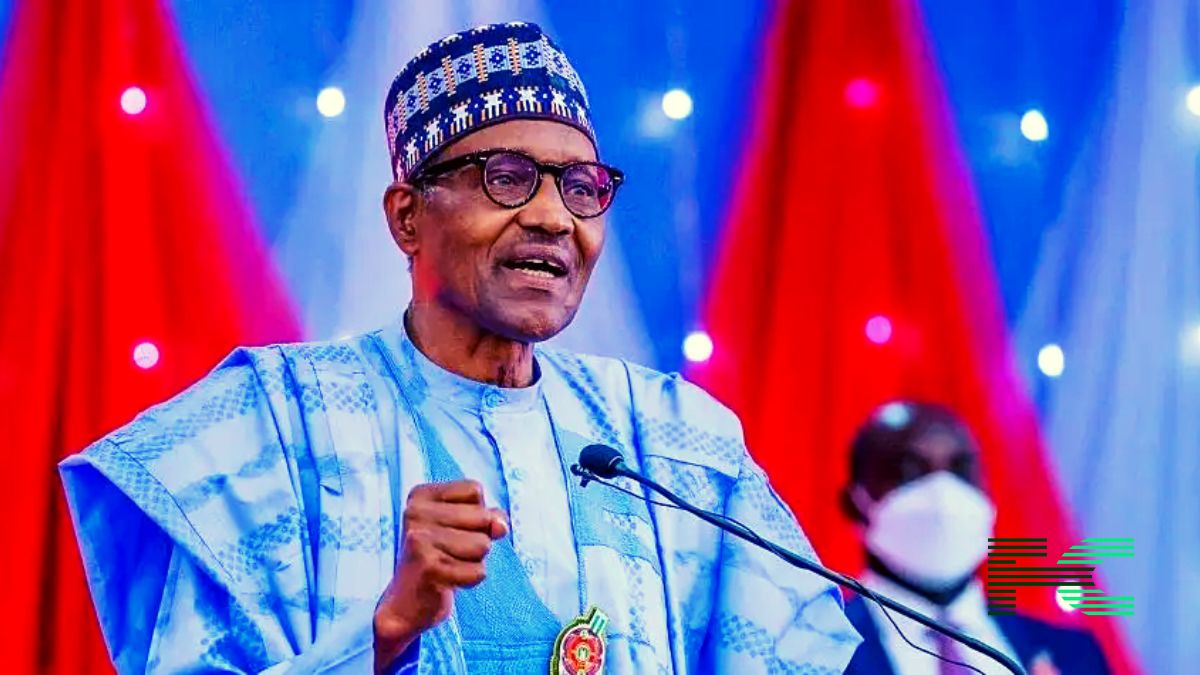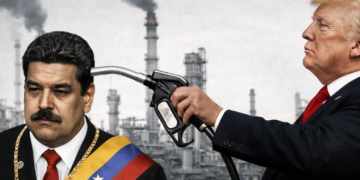The tension between Tehran and Washington has taken a sharp turn, with Iran openly questioning the intentions behind the U.S. approach to nuclear talks. Iran Warns U.S. Nuclear Talks Are a Sham, and the words come directly from Iran’s top foreign officials, who accuse the United States of trying to push its agenda rather than negotiate fairly. From Tehran’s perspective, recent U.S. actions show more coercion than collaboration.
U.S. Moves Seen as Pressure, Not Dialogue
Iran’s foreign minister, Abbas Araqchi, made it clear that Washington’s approach does not show willingness for real negotiations. The underlying concern, according to Iranian officials, is that the U.S. expects to get what it could not achieve through conflict by simply talking. This suggests that Tehran sees the latest American overtures as a form of diplomatic pressure rather than a sincere effort to resolve issues.
The backdrop to this tension is the June attacks on Iranian nuclear sites, carried out by Israel with U.S. support. These strikes appear to have hardened Iran’s stance, making any new talks more complicated. Instead of opening a path to compromise, the military actions are seen in Tehran as a reason to question the very premise of negotiations.
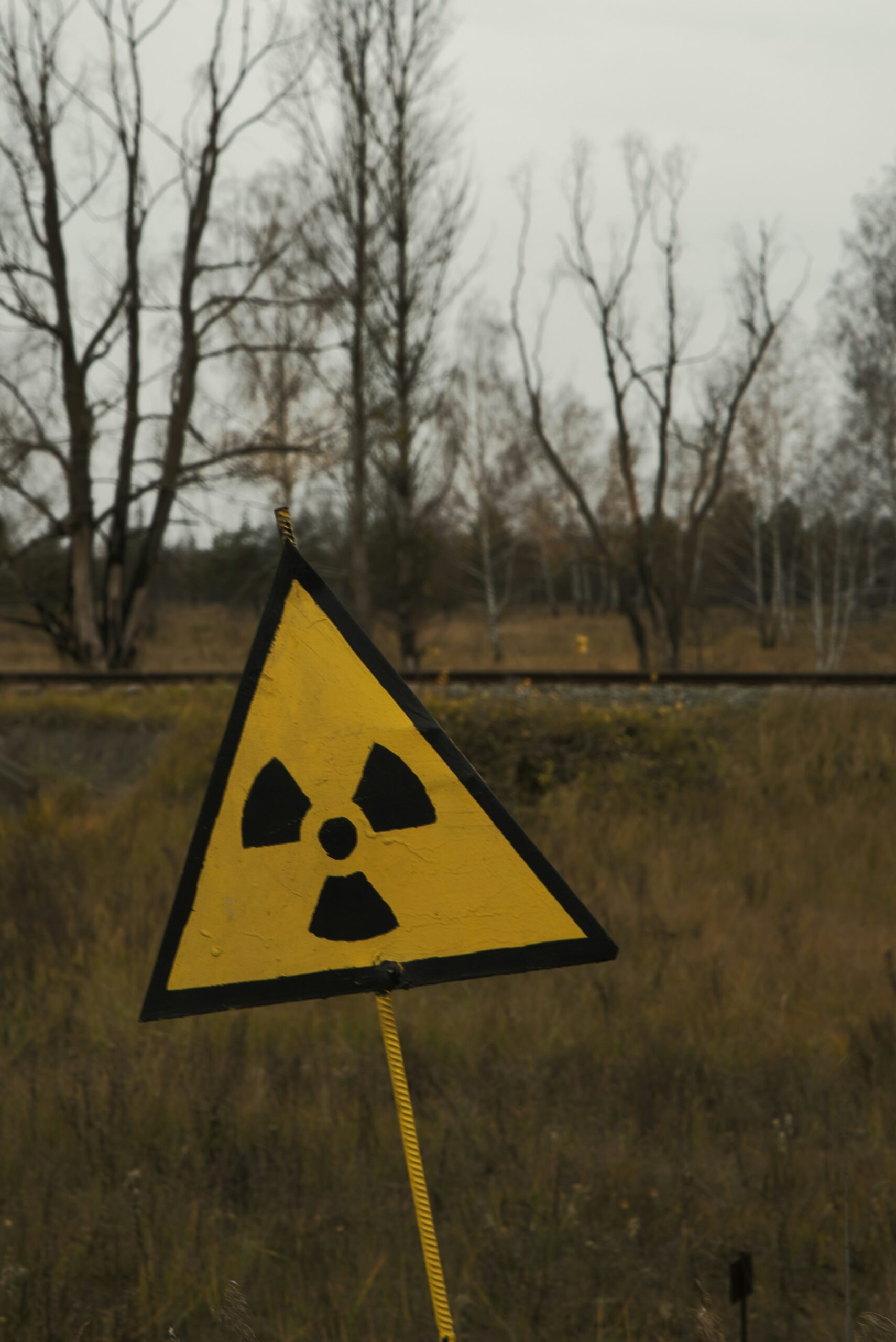
Nuclear Program at the Heart of Dispute
The real sticking point is Iran’s nuclear program. While the United States, Israel, and European allies argue that Tehran’s nuclear activities could mask weapons ambitions, Iran insists its program is peaceful. Past indirect talks before the recent conflict struggled with the issue of uranium enrichment. Washington wants Iran to abandon domestic enrichment entirely, while Tehran sees this as a core right under international agreements.
The difference is not minor. To Iran, accepting U.S. demands without compromise would be like surrendering under duress. This is why officials are framing the talks as more show than substance, diplomacy in name only.
Negotiations Under Scrutiny
Deputy foreign minister Saeed Khatibzadeh went further, accusing the United States of using talks to advance the goals it could not achieve through war. From Tehran’s viewpoint, what is on the table is not a real discussion but a form of dictation disguised as diplomacy. These statements are part warning, part positioning, signaling that Iran will engage only on its own terms.
Iranian officials emphasize that they are open to dialogue, but not at the cost of compromising national sovereignty or security. The repeated warning shows that Tehran is serious about controlling the narrative and ensuring that negotiations are genuinely equal, not one-sided.
What This Means for the Future
The situation suggests a stalemate. With military actions in the past and distrust dominating the present, meaningful dialogue will be hard to achieve. Yet, Tehran’s insistence on fair negotiations leaves a narrow window open for diplomacy. Analysts argue that unless Washington shows a willingness to meet Iran halfway, any talks risk being labeled as sham negotiations, echoing the criticism already voiced by Iranian officials.
For observers, the warning is clear: if diplomacy is to succeed, it cannot be a mask for coercion. Iran’s statements underscore that the path forward requires careful balancing—acknowledging Iran’s security concerns while addressing international fears over nuclear proliferation.

